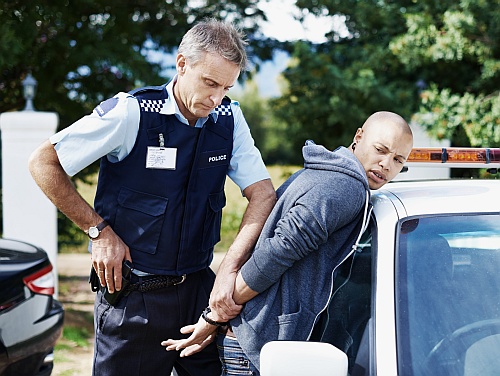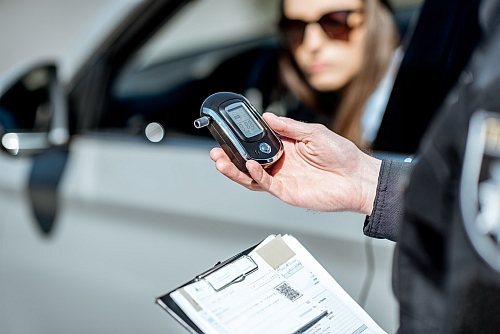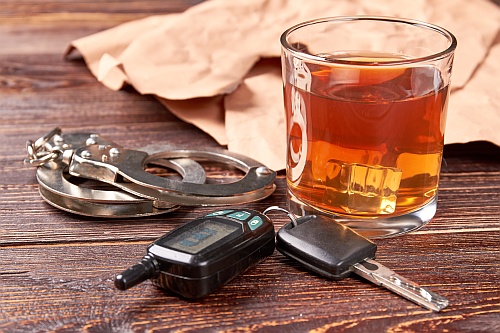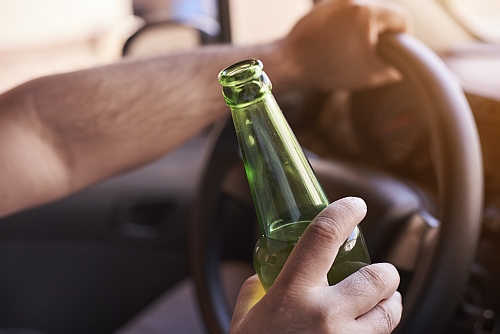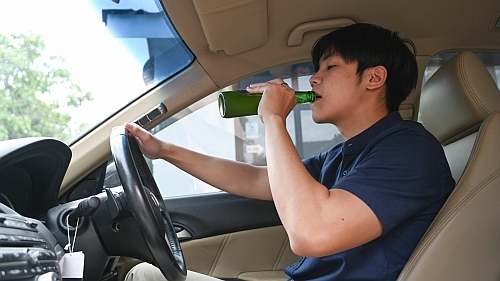- May 14, 2024
You’re out with friends, having a great time, and you’ve had a few drinks. At what point do you become unsafe to drive? How do police measure your blood alcohol content (BAC) to determine if you’re over the legal limit?
When it comes to alcohol and driving, it’s a complex topic with serious consequences if you make the wrong choice. In this article, we’ll break down how BAC is measured, what the legal limits are, and how a Charleston DUI defense attorney can help if you’ve been caught driving under the influence.
What Is Blood Alcohol Content?
Your BAC refers to the amount of alcohol in your bloodstream, measured as a percentage. It’s the amount of ethanol in your blood, to be exact. Higher BAC levels mean the alcohol is having a greater impact on your central nervous system.
At 0.03%, most people start to feel relaxed. Between 0.03% and 0.12%, you’ll feel euphoric and less inhibited. Your judgment and self-control become impaired. At 0.08%, the legal limit for driving in South Carolina and most states, your muscle coordination, vision, and hearing are affected.
Above 0.12%, nausea, vomiting, and loss of consciousness become risks. And at 0.4% and higher, you’re at risk of life-threatening alcohol poisoning.
All states have lower BAC limits for drivers under the age of 21, with most states setting the limit at 0.02%. Some states have zero-tolerance laws prohibiting any alcohol for teen drivers. For commercial drivers, the federal limit is 0.04%, and some states go even lower.
How Is BAC Measured?
Your blood alcohol concentration can be measure in various ways, as follows:
Blood Test
A blood sample is drawn from a vein in your arm and tested to determine the amount of alcohol present. This is the most accurate method but also the most invasive. Blood tests are often used when high accuracy is required, such as in legal or medical situations.
Breathalyzer Test
You blow into a breathalyzer device, which measures the amount of alcohol in your exhaled breath. Breathalyzers calculate your BAC by determining how much alcohol is present in a fixed amount of exhaled air.
Urine Test
A urine sample is tested to detect alcohol metabolites, which are byproducts of alcohol processing in your body. Urine tests can determine if you have recently consumed alcohol but do not provide an exact BAC. They are often used for medical screening and monitoring or workplace drug testing.
Factors That Affect Your BAC Level
Several factors determine how quickly alcohol is absorbed into your bloodstream and how high your BAC will rise. Pay attention to these variables when drinking to ensure your BAC does not reach dangerous levels.
Amount Of Alcohol Consumed
The more you drink, the higher your BAC will be. BAC is directly proportional to the amount of alcohol in your bloodstream. One drink equals about 0.6 ounces of pure alcohol, which, for most people, will raise the BAC by 0.02%.
Body Weight
If two people have the same number of drinks over the same period but have different body weights, the smaller person will generally have a higher BAC. This is because the alcohol is concentrated in a smaller amount of body mass.
Food Intake
Having food in your stomach slows the absorption of alcohol into the bloodstream. When your stomach is empty, alcohol is absorbed much more quickly. So, eating before and during drinking can help moderate your BAC.
Metabolism
Some people have a faster metabolic rate, which means their liver can break down alcohol more quickly. People with a faster metabolism will generally have a lower BAC than someone with a slower metabolism after consuming the same amount of alcohol.
Get in Touch With a Charleston DUI Attorney Immediately
If you have any lingering questions about how blood alcohol content levels work and how they may apply to you, our DUI attorneys at Charleston DUI Guy are here to help. We understand BAC laws can be confusing, and every person’s situation is unique.
Our team of experienced DUI attorneys has helped many people navigate the legal implications of driving under the influence charges in Charleston and the surrounding areas. So, if you have any questions about BAC levels and how they relate to drunk driving laws, call us today at (843) 277-8711.


